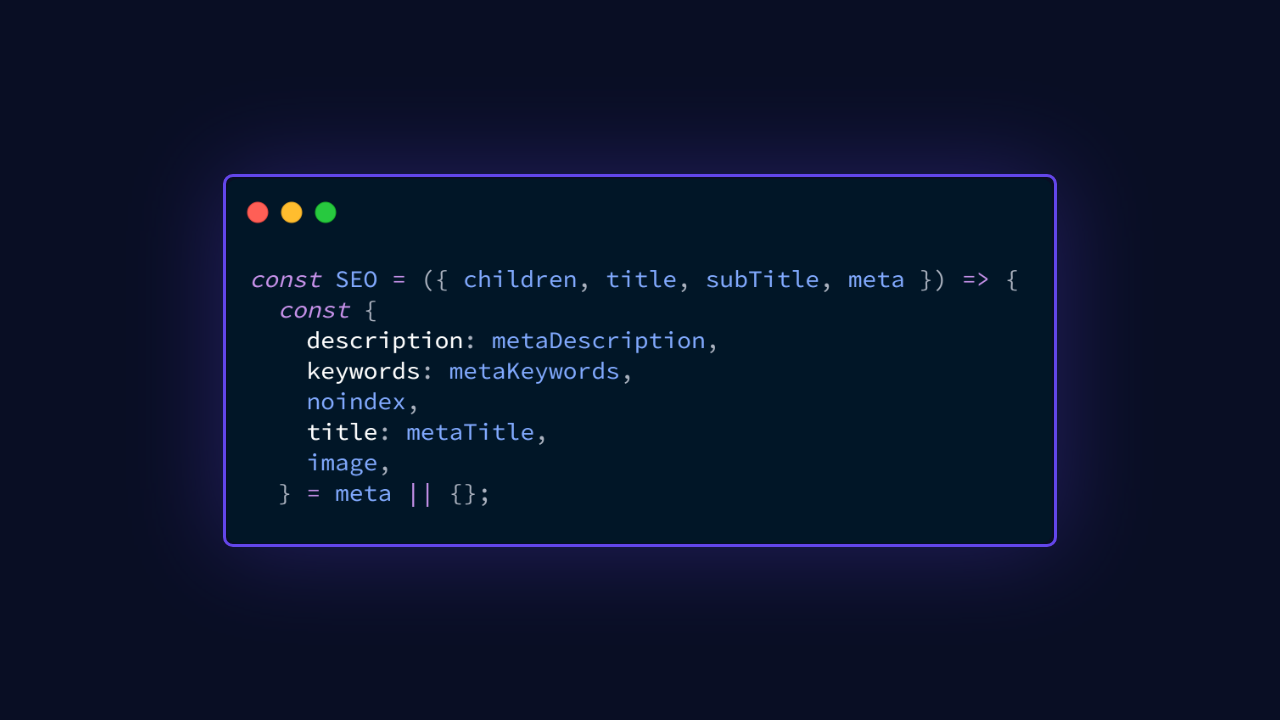Why Are Organizations Still Investing in ECM?
Conner Goldberg | Sep 1, 2023

The Imperative Evolution from Legacy ECM to Modern ECM Platforms
Enterprise Content Management, or ECM, is crucial for any organization dealing with massive amounts of content. It consists of a mix of defined processes, tools, and strategies that aid in capturing and managing content, as well as storing, preserving, and delivering information to make it more usable and accessible to its users. As a result, it enhances productivity, optimizes business procedures, and reduces overall risk.
The Shift Towards Digitalization
Now, as we all are aware, the business world is progressively leaning towards digitalization, transforming in ways that older ECM systems were never engineered to handle. Surprisingly, some analysts recently declared Enterprise Content Management as obsolete. Legacy ECM can be utilized to scan, digitize printed documents, and manually assign metadata, but some functionalities in legacy ECM are now barely functional. These old systems lack the power of information discovery like Google, where a user can enter a search query, find the information from the results, and proceed from there. Consequently, updates and enhancements were necessary, leading to the creation of modern ECM platforms. These contemporary ECMs possess more functionalities and integrate seamlessly with both internal and customer-facing applications.
The Reluctance to Let Go of Legacy ECM
Yet, many organizations are still clinging to their legacy ECM systems. With a primary focus on efficiently obtaining, organizing, storing, and delivering crucial information to the business' stakeholders, it has been instrumental in addressing the challenges posed by the enormous volume of information used in daily business operations. Despite its functional limitations and lack of integration with the business, it still fulfills the basic needs of these organizations. As the saying goes, why fix it if it's not broken? Moreover, retaining the legacy system is more cost-effective. Investing in a modern ECM would only lead to higher overhead expenses that outweigh the benefits of adopting it. Most importantly, stakeholders are already familiar and comfortable with using the legacy ECM.
The Inevitable Need for Change
As technology progresses, content will evolve as well. This transformation will inevitably impact the demands of businesses in terms of ECM processes and solutions. Organizations will require a more updated and improved content and data management system, and the cost to maintain legacy systems will become too burdensome. This will be the moment when businesses need to adapt to the change because the legacy ECM is no longer compatible with the business' objectives.
Conclusion
In conclusion, while many organizations are still holding onto their legacy ECM systems because of familiarity, cost-effectiveness, and the belief that it still satisfies their basic needs, the continuous evolution of technology and content will eventually necessitate a shift to more modern and updated ECM platforms. As the cost of maintaining legacy systems becomes too onerous and they no longer align with the business' objectives, it will be imperative for businesses to adapt to these changes and invest in modern ECM platforms that offer more functionalities and seamless integration with both internal and customer-facing applications. Ultimately, this investment will be necessary to optimize business procedures, enhance productivity, and reduce overall risk in this digital age.



